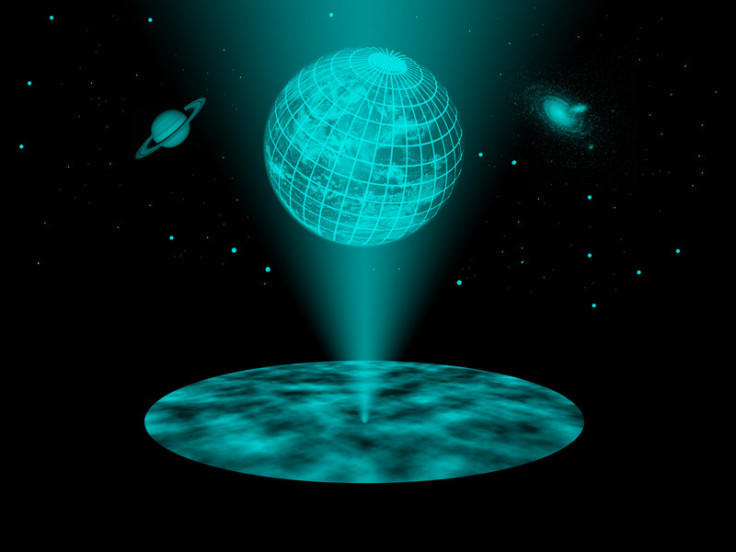How the universe could be one big computer simulation created by another advanced civilisation

The universe could one of many computer simulations created by an advanced civilisation. While the idea appears implausible at first, science writer Robert Lawrence Kuhn has explained how and why this is not the case.
Kuhn, who is creator of Closer to Truth – which explores some of the world's most baffling questions – asked scientists and philosophers to weigh in on the suggestion we are living in an artificial reality. Read the full article at space.com.
First looking to philosophy, Nick Bostrom, director of the Future of Humanity Institute at Oxford University, said there are three possible scenarios: that all civilisations disappear before gaining the technology to develop such advanced technology; that they get there but have no interest in generating these fake universes; or, in fact, we are living in an artificial reality. Should the latter be true, eventually simulated universes would multiply quickly and we would probably be part of one.
Indeed, if we are in a computer simulation, David Brin, US astrophysicist and space scientist, said there could well be a "back door" that would let these alien programmers control people: "If we are living in a simulation, then everything is software, including every atom in our bodies, and there may be 'back doors' that the programmers left ajar," he said.
Astronomer Royal Martin Rees said the main issue of a simulated universe such as this is asking: "What are the limits of computing powers"? We can already create a virtual universe in our computers – see BlueTides for example – so if they become even more advanced limits on what could be created become less and less. "It's not crazy to believe that sometime in the far future. there could be computers which could simulate a fairly large fraction of a world."
Could you generate self-consciousness though? Rees said this is a question that we may never be able to answer as it would require an intelligence far greater than our own.
Kuhn explained there are five main premises to the argument for a computer simulated universe: "(i) Other intelligent civilizations exist; (ii) their technologies grow exponentially; (iii) they do not all go extinct; (iv) there is no universal ban or barrier for running simulations; and (v) consciousness can be simulated."
If all hold true, it is likely we are living in a virtual reality. To reject this would mean you would have to reject one of the premises – all of which appear fairly solid: "Which to reject? Other intelligent civilizations? Exponential growth of technology? Not all civilizations going extinct? No simulations ban or barrier? Consciousness simulated? Whichever you choose, it must apply always, everywhere. For all time. In all universes. No exceptions. That, to me, makes no sense," Kuhn wrote.
"Personally, I do not think humanity is living in a whole-world simulation. But because the simulation argument seems to work, what it seems to do is to uncover deep discrepancies, or fundamental flaws, in how people think about deep reality."
© Copyright IBTimes 2024. All rights reserved.






